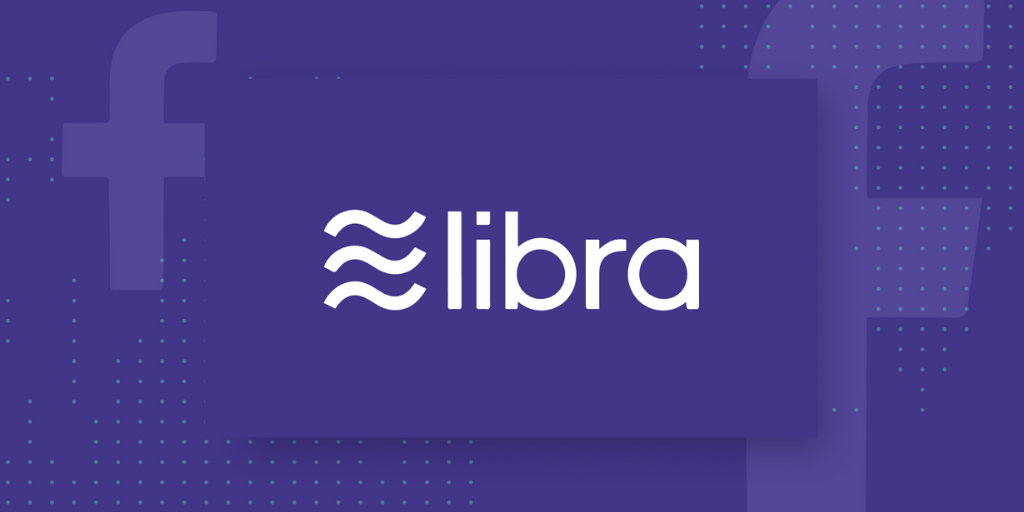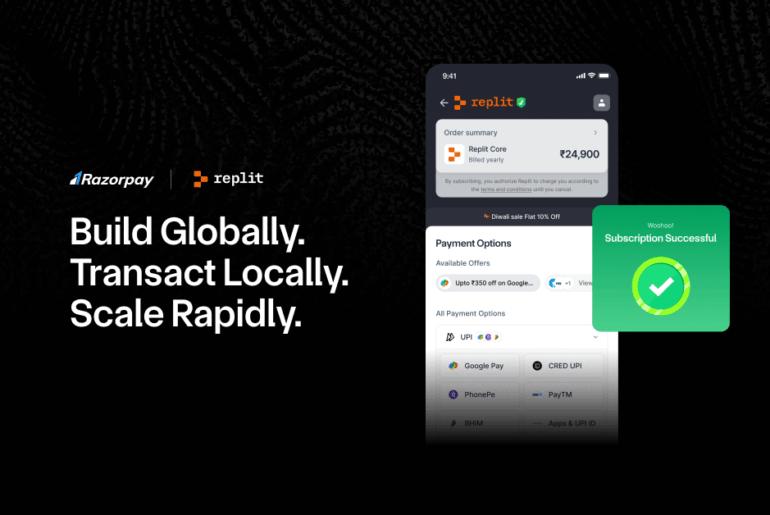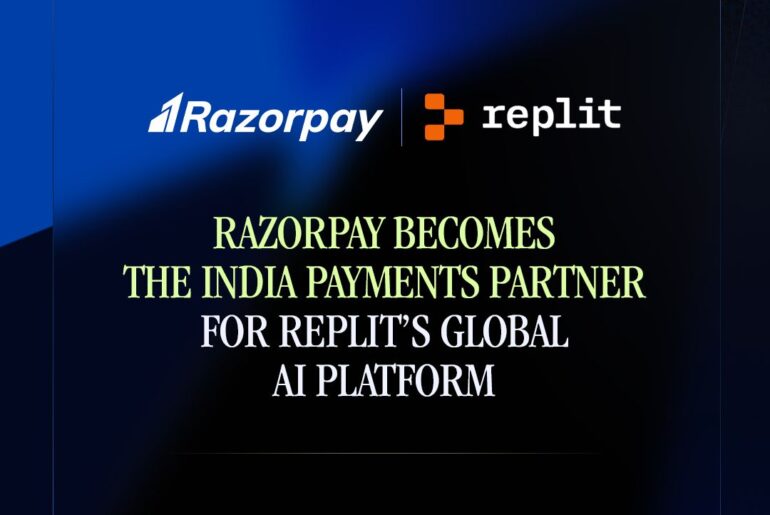With so much buzz about Facebook’s Libra all over the internet, we wanted to make things easier for you. We made a ton of research on the newest innovation, so you don’t have to!
Let’s jump right in.
Apparently, a couple of years ago, Mark Zuckerberg expressed his interest in cryptocurrencies in an interview in the subtlest manner. Seems like he was earnest about exploring opportunities in the financial services industry.
Facebook revealed Libra, a cryptocurrency, along with a consortium of 27 partners and associations earlier. Libra was conceptualised around a mission – to enable a simple global currency infrastructure that empowers billions of people.
Let’s slow down and understand what the deal is all about.
What is Libra, exactly?
Facebook’s Libra is not just a cryptocurrency. It’s a “reliable digital currency” all about delivering “the Internet of money” through an efficient infrastructure. The cryptocurrency is intended to be sent to any part of the world with a bare minimum of a fee.
How is Libra any different from all the other cryptocurrencies out there?
We thought you’d wonder.
Since we’re all familiar with Bitcoin, let’s understand the whats and hows of Libra through painting a contrast.
Although built on the same fundamental axiom as Bitcoin, Libra aims to have a stable value, while it gets backed by a number of currencies.
And, unlike Bitcoin, which is open in nature, Libra is not going to be so. A bank does not issue Bitcoin or manage it either. You can pretty much download a crypto wallet and get going. But Libra is more like digital money with traits of fiat money, if that makes sense.
Libra is also not as decentralised as the other cryptocurrencies. You can open and download the open source code for free in the case of Bitcoin. There are speculations about Libra having multiple central nodes instead of one centralised node, which can be controlled by a legion of stakeholders.
We all know how secure Bitcoin is because of its decentralised nature. It’s next to impossible to hack, being one among the most secure computer networks ever. We’ve already talked about Libra having multiple centralised nodes. This may create a few loopholes concerning security.
So, what’s the idea behind Libra anyway?
Libra is all about making financial services accessible for everyone, irrespective of their geographical location or financial background. The Libra case study talks about how people with less money end up spending way too much money on financial services. And, this is something that should not go unaddressed.
With the belief that a low-cost money movement will create better economic opportunities, Libra is to charge a very insignificant amount as the fee for transactions.
Libra is also conceptualised to put an edge on advanced financial inclusion, ethical factors, and the integrity of the ecosystem.
How does Libra work?
Let’s talk a little about the flow of events.
Imagine you buy Libra. What happens next?
The money goes into a bank account and stays there. It won’t budge because the idea is to match the value of a Dollar or Euro. When Libra’s value is that of a currency, it’s immediately backed by a Dollar or a Euro in the bank.
Why so?
Because, the account holding of Libra in a bank will generate interest based on value, which can be used to return the initial investors of the cryptocurrency.
Again, comparing with Bitcoin, Libra can be created without a limit on the number, unlike Bitcoin, which is said to have an upper limit of 21 million. And, creating Libra is also not as laborious as Bitcoin, since Bitcoin consumes a lot of electricity.
If Libra works the way it’s told to work, we should all be able to send it to any business on a global scale.
The best part is, you can also convert Libra back to your preferred currency. Calibra, Facebook’s wallet will convert Libra at the current conversion rate and helps transfer money into a bank account.
What can you use Libra for?
Libra is built in a way that any organisation can accept a coin and make a wallet on top of it. So, Libra is not just limited to Facebook. The cryptocurrency is intended to be for all of Facebook’s users (about 2.7 billion), including Messenger.
Libra can be used for multiple purposes. Since the partnership is branched out all the way to Uber, Spotify, and more, it’s expected that one can buy services on the partnered businesses through Libra. You can also run Facebook ads using Libra.
Facebook also went about setting up Calibra, a subsidiary. This is going to make Libra accessible to all users. The idea is to expand and build more financial services as a layer on Libra.
You can set up a Libra wallet from any part of the world by providing identity proof. The only setback will be faced by regions that have limitations on the use of social networks.
Libra is said to work all over the world from the year 2020.
How do things look for Libra in India?
We all know about the crypto-ban in the country and how there is a draft law that proposes a 10-year jail term for holding, selling or dealing in cryptocurrency.This could also mean that Libra may never make an entry at the Indian financial services landscape.
Considering how India is also moving towards a fintech revolution, it can do more good than bad if Libra were to set itself to work in the county. This is particularly great for Facebook since Indians are heavy users of Facebook and WhatsApp.
There is a lot of hush-hush about the reputation though. Facebook has an underlying negative tension since it hasn’t safeguarded its user information to the best it could. Concerns about security since it’s money we’re dealing with, simply cannot be sidelined.
Speaking of security, Libra is not as decentralised as a cryptocurrency usually is. This can pose a threat, or help Libra represent itself as “not a cryptocurrency but is like one” and find its way into the Indian market.
Let’s say Libra does enter the Indian fintech. What could possibly happen? If you think about it, Libra can compete with our favourite UPI. Since UPI, digital payments have gotten way easier than ever, mobile payments had a breakthrough, and the country moved a step ahead in its fintech journey. Libra could give UPI a run for its money.
Libra could also become one of the prominent methods of online transactions since payment solution companies will also come forth to support the same.
We’ve talked about UPI contributions from various cities and states of the country. Now, let’s talk about rural areas. From our previous report, we know where tier-3 cities stand with UPI. But can we all agree upon the fact that tier-3 cities have WhatsApp and Facebook users? Of course.
If people from these areas aren’t really catching on to UPI, could it be possible that since they already have WhatsApp and Facebook, or either one among the two, they’re a step closer to financial inclusion?
Maybe.



